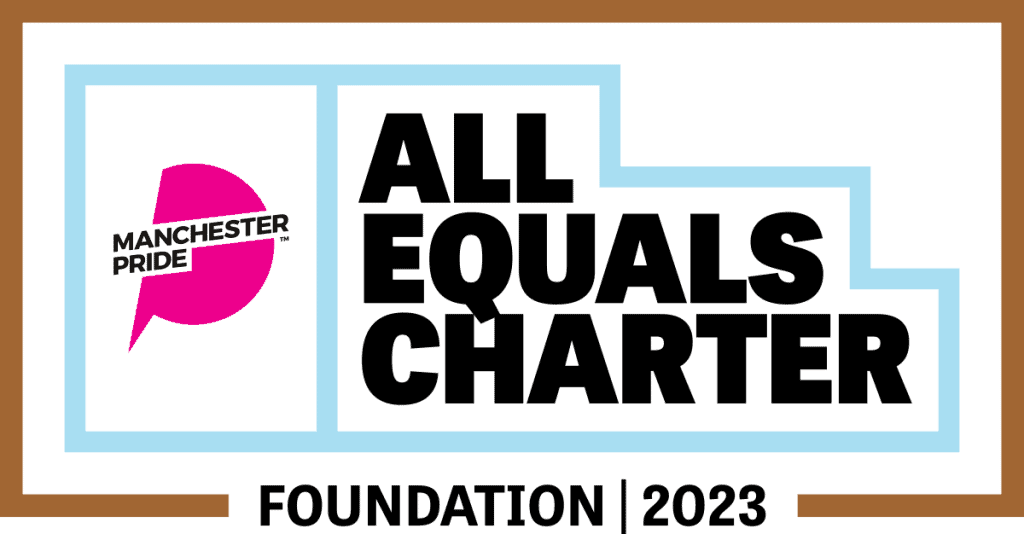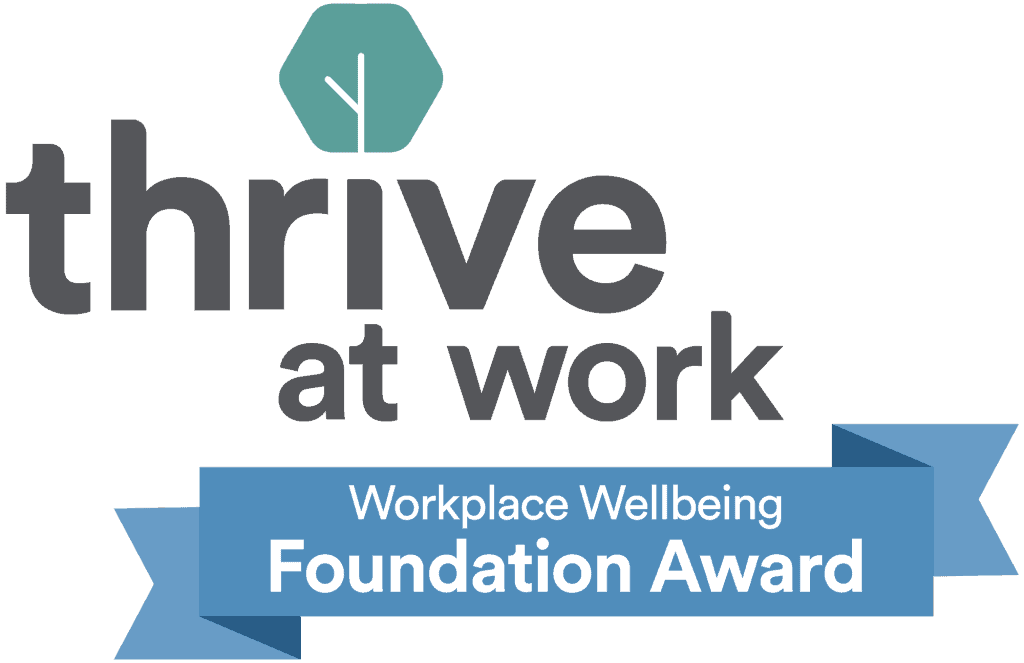In our previous article, we explored essential neurodiversity-related terms and discussed the importance of recognising the diverse range of thinking styles and experiences. This article focuses on the legal landscape, specifically outlining employment law aspects that employers must understand to ensure compliance.
Neurodiversity, the Equality Act, and Disability
- It’s estimated that around 1 in 7 people are neurodivergent (The Donaldson Trust)
- A 2023 Neurodiversity Index Report found that although 41% of employers have adapted recruitment processes to accommodate neurodivergent traits, only a third of HR professionals and 29% of Senior Leaders have had any specific training in relation to neurodiversity (City & Guilds Foundation, 2023)
These figures demonstrate the need for employers to understand this area of law and their obligations.
The key legislation that relates to treating all people equitably at work is the Equality Act 2010.
This is where employer’s main obligations to neurodivergence (the state of being neurodivergent) in the workplace will be found, in so far that a person’s neurodivergence could constitute what is defined as a disability under that Act. The Equality Act 2010 legally protects people from discrimination in the workplace and in wider society. It sets out what treatment could be unlawful.
Under the Equality Act 2010, you’re disabled if you have a physical or mental impairment that has a ‘substantial’ and ‘long-term’ negative effect on your ability to do normal daily activities. The Government’s statutory guidance to the Equality Act states that:
“A disability can arise from a wide range of impairments which can be … developmental, such as autistic spectrum disorders (ASD), dyslexia and dyspraxia.”
Neurodivergent workers are likely to be capable of being found to be disabled within the meaning of the Equality Act 2010; which as you will be aware; is one of the protected characteristics which the Act provides for. If they are disabled, then the Act provides legal protection against discrimination (both direct or indirect), harassment, and victimisation that relates to their condition.
There are also 2 additional forms of protection from discrimination unique only to disabled people These are (1) where someone is discriminated against because of something arising from or in consequence of their disability and (2) where there has been a failure to make reasonable adjustments to accommodate someone’s disability where it is having an adverse impact on their work/role.
ACAS gives us an example of direct disability discrimination: Mo has a job interview and is offered the job. After Mo tells the employer about their disability, the employer withdraws the job offer. The employer then offers the job to someone who’s not disabled. If the employer’s reason for withdrawing the offer was because Mo is disabled, this is direct discrimination.
This is because Mo has been treated less favourably (than someone who does not have Mo’s disability) because of his disability.
Indirect discrimination arises not at of fault or intentional action, but where an employer applies a policy, criteria or process, to all staff, but it has a disproportionately adverse impact on staff who have a particular disability, because of that disability. An example of this for example is requiring all staff to give a written presentation at job interview, where some disabled staff might perform better at an oral interview.
Reasonable Adjustments: Balancing Needs and Capabilities
Employers have a legal duty to remove barriers for disabled employees by making \”reasonable adjustments” where there is any risk that the persons disability is negatively impacting them from performing their role. It’s not necessarily enough for employers to provide disabled people with exactly the same working conditions as non-disabled people. Reasonable adjustments law requires what is sometimes referred to as “positive discrimination” as it requires changes or for an employer to remove or reduce a disadvantage related to someone’s disability. It is about “levelling the playing field”.
The adjustments that an employer might be required to make will require a balancing exercise between the needs to the individual and the employer\’s legitimate business aims, and their capabilities, considering factors like resources and company size. The duty to make reasonable adjustments applies to current workers, job applicants, contractors, and self-employed people hired to personally do the work.
What does ‘reasonable’ mean?
According to ACAS, what is reasonable depends on each situation. The employer must consider carefully if the adjustment:
- will remove or reduce the disadvantage – the employer should talk with the person and not make assumptions- the test here is low. It only needs to make some small difference;
- is practical to make;
- is affordable; and
- harms the health and safety of others.
The employer does not have to change the basic nature of the job. For example, if someone in a call centre asks for a job that does not involve taking calls, this might not be reasonable if this is the essence of the job description. An employer does not have to make adjustments that are unreasonable. However, they should still find other ways to support the disabled person.
Examples of Reasonable Adjustments
Some examples of reasonable adjustments to support someone with ADHD, for example, include:
- Flexible working hours/locations;
- Administrative support;
- Coaching;
- Providing written instructions for work;
- Extra 1:1 support from managers; and
- Earlier deadlines for projects.
There are also physical and technological solutions which are available, such as the provision of computer software that can really assist dyspraxia and dyslexic staff.
The employer is the one who is responsible for paying for the reasonable adjustments, usually simple and inexpensive, these adjustments can significantly improve workers’ happiness and performance.
Access to Work Grant
Access to Work is a government scheme that can help people with a physical or mental health conditions or disability to get or stay in work. Someone may be eligible for a grant to help pay for practical support. This is not a substitute for the employer’s legal obligation to make reasonable adjustments or pay for them, but it is worth understanding.
Ramifications of Non-Compliance
If an employer does not make reasonable adjustments they could be at risk of being accused of a type of disability discrimination called ‘failure to make reasonable adjustments’. If someone thinks they’ve been discriminated against, they could make an informal or formal complaint to their employer or potential employer. If the issue is not resolved, they may consider making a claim to an employment tribunal for rectification and or compensation.
Employers who neglect their duty to make reasonable adjustments risk severe consequences:
- Discrimination Claims & Financial Penalties: Employees may file discrimination claims, leading to costly tribunal proceedings (averaging £8,500 for discrimination claims and £83,000 for unfair dismissal). Compensation awards for successful disability discrimination claims average £46,000 but are uncapped in the level of damages and can potentially run into the hundreds of thousands.
- Reputational Damage: Negative publicity from discrimination cases can tarnish an employer\’s brand, hindering talent attraction and retention efforts.
- Loss of Valuable Employees & Reduced Productivity: Neurodivergent employees are 26% more likely to quit when feeling unsupported, leading to the loss of unique skills. Additionally, a lack of inclusive practices can result in up to a 30% reduction in productivity (CIPD, 2024)
Conclusion
By recognising their legal obligations and implementing reasonable adjustments, employers create a supportive and collaborative work environment for neurodivergent employees and employees with any type of disability. This fosters inclusivity, unlocks diverse talents, and benefits the organisation as a whole.
In our final instalment, we’ll discuss practical strategies to attract and retain neurodivergent talent.
- Robert Walmsley – [email protected] / 07828901443
- Simren Savjani, Trainee Solicitor – [email protected] / 07554 869171
- Josephine van Lierop, Senior Consultant – [email protected]





